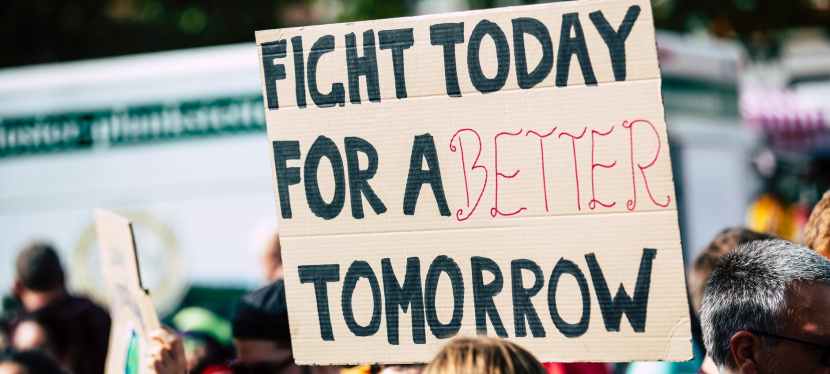All eyes and ears are open to learn what might be cut next from the Biden Administration’s Build Back Better Plan. News reports are fast and furious with the latest hints that come out of the room where it happens. The social policy bill initially set at $3.5 trillion is being cut to under $2 trillion resulting in a debate over what can be cut out and not be missed, and what can be decreased and still make an impact.
This isn’t however, just about the top line cost decision, though it is being presented that way by the media. The impact on real people and society cannot be separated from this price tag. The focus has been on the cost of the bill if it passes rather than the cost to society if this doesn’t pass.
The bill includes policies for child tax credits, paid family and medical leave, lower childcare costs, lower higher ed costs, lower prescription drug prices, clean energy and electricity, forest management, penalties for methane leaks, and programs for the formerly incarcerated, among others. Corporations are actively lobbying against the bill, in opposition to increased corporate taxes, expanded Medicare, and fees for carbon emissions. Yet businesses admit that they will benefit from the childcare, healthcare, education and climate provisions in the bill. One Senator remains firmly against the clean electricity provisions in the bill, despite the fact that his state of West Virginia is the most vulnerable to flooding due to climate change (The Daily, Oct 20, 2021). Another Senator opposes any corporate or income tax rate increase yet voted against those Trump-era tax breaks in 2017 (MSNBC, Oct 21, 2021).
SGI members had an opportunity to discuss the Build Back Better plan at our fall meeting. We discussed how SGI’s priorities align with the proposed plan and asked “if you were in Congress and had to make the decision, what would you cut from the bill?” It is not an easy question to answer, nor were we necessarily looking for our members to have the answer. Rather, we wanted our members to better understand the impact this bill could have on families, society, and the climate crisis.
Rev. Dr. Liz Theoharis put it simply when addressing attendees at our annual conference: “we have to restructure our society around the needs of the poor.” If we created this divide and allowed poverty to exist, we can restructure the economy to get rid of it. This bill, if not cut to mere scraps, could have a significant role in doing just this.
SGI members disagree that the U.S. can’t afford the bill, and believe that the positive impact would far outweigh the monetary implications that are being argued over. This seemingly endless debate is a balancing act: weighing the impact of social safety against climate change. Paid family leave and child care, which are ways to address poverty, would make for better employees and thus be good for business. And, at this point in the game, one would think that the climate crisis should speak for itself. However, ironically, the US and 14 other countries are pledging to increase fossil fuel extraction over the next decade.
This is all to say that the challenges the Build Back Better Plan hopes to address are not going to disappear and will only get worse.
As investors, SGI members are engaging companies on many of these issues, stressing the importance of climate action, paid family leave, affordable drug pricing, responsible lobbying, etc. They see the importance of putting dignity to workers and individuals first and are asking companies to do the same. But we also know that these voluntary actions are not enough. It’s time for our elected officials to stand up.

